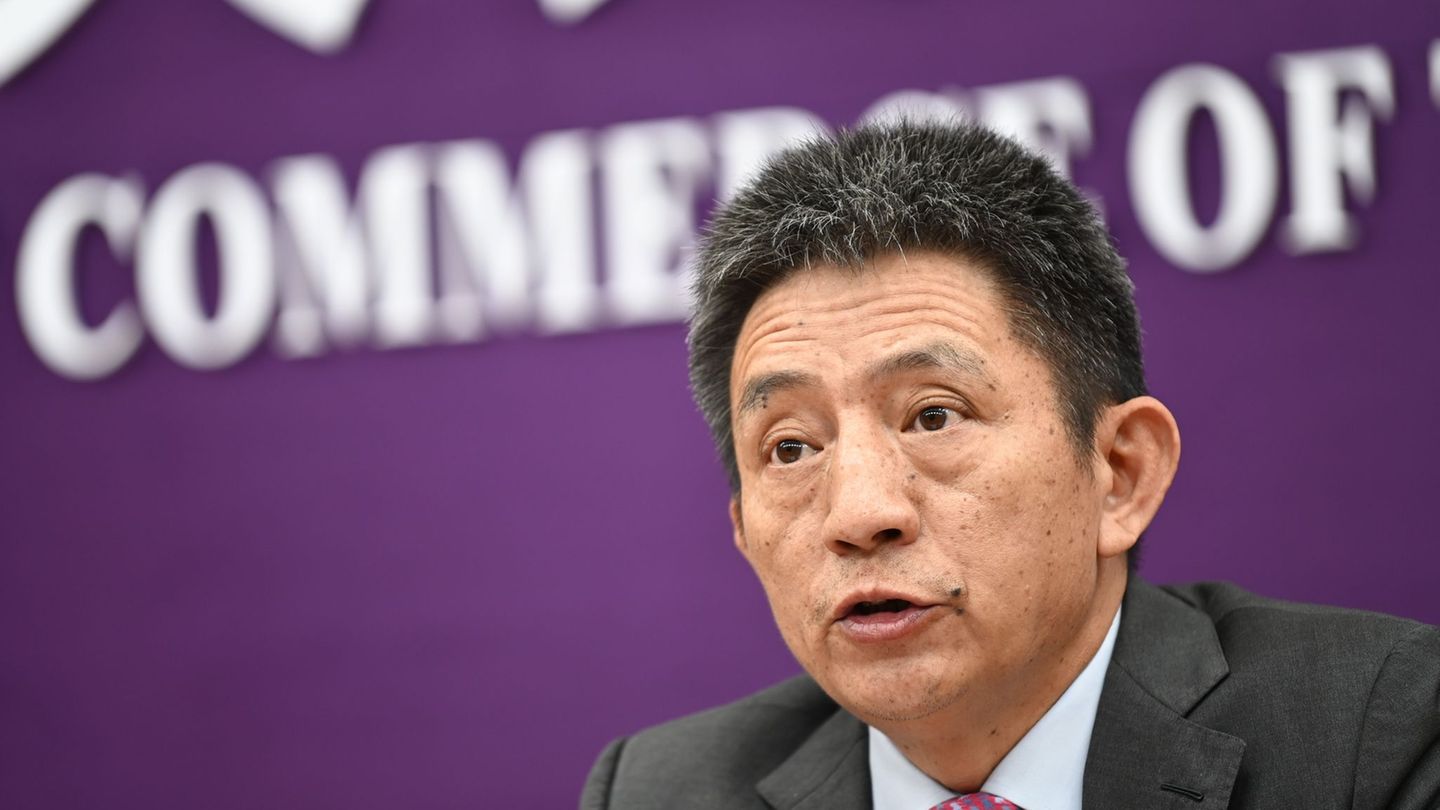I am an author and journalist who has worked in the entertainment industry for over a decade. I currently work as a news editor at a major news website, and my focus is on covering the latest trends in entertainment. I also write occasional pieces for other outlets, and have authored two books about the entertainment industry.
Menu
The woman who married to redeem a man sentenced to death
Categories
Most Read
Politician Ricarda Lang lost 40 kilos: “I like my body because it is strong”
October 26, 2025
No Comments
Katy Perry and Justin Trudeau: holding hands in the theater in Paris
October 26, 2025
No Comments
Actress June Lockhart: “Lassie” star dies at 100
October 26, 2025
No Comments
“Lassie” star June Lockhart dies at 100
October 26, 2025
No Comments
Scary films: Want a thrill? Films that won’t let you sleep
October 26, 2025
No Comments
Latest Posts

Trade talks: Beijing on preliminary tariff talks: Preliminary agreement with USA
October 26, 2025
No Comments
AngelicaI am an author and journalist who has written for 24 Hours World. I specialize in covering the economy and write about topics such as

The day football was born: 162 years of the most popular sport in the world
October 26, 2025
No Comments
October 26, 2025 – 07:30 It has been 162 years since the creation of football as we know it, the most popular sport on the

“Shadow Side” author Jonas Ems: “Social media also has positive sides”
October 26, 2025
No Comments
Lisa HarrisI am an author and journalist who has worked in the entertainment industry for over a decade. I currently work as a news editor
24 Hours Worlds is a comprehensive source of instant world current affairs, offering up-to-the-minute coverage of breaking news and events from around the globe. With a team of experienced journalists and experts on hand 24/7.

